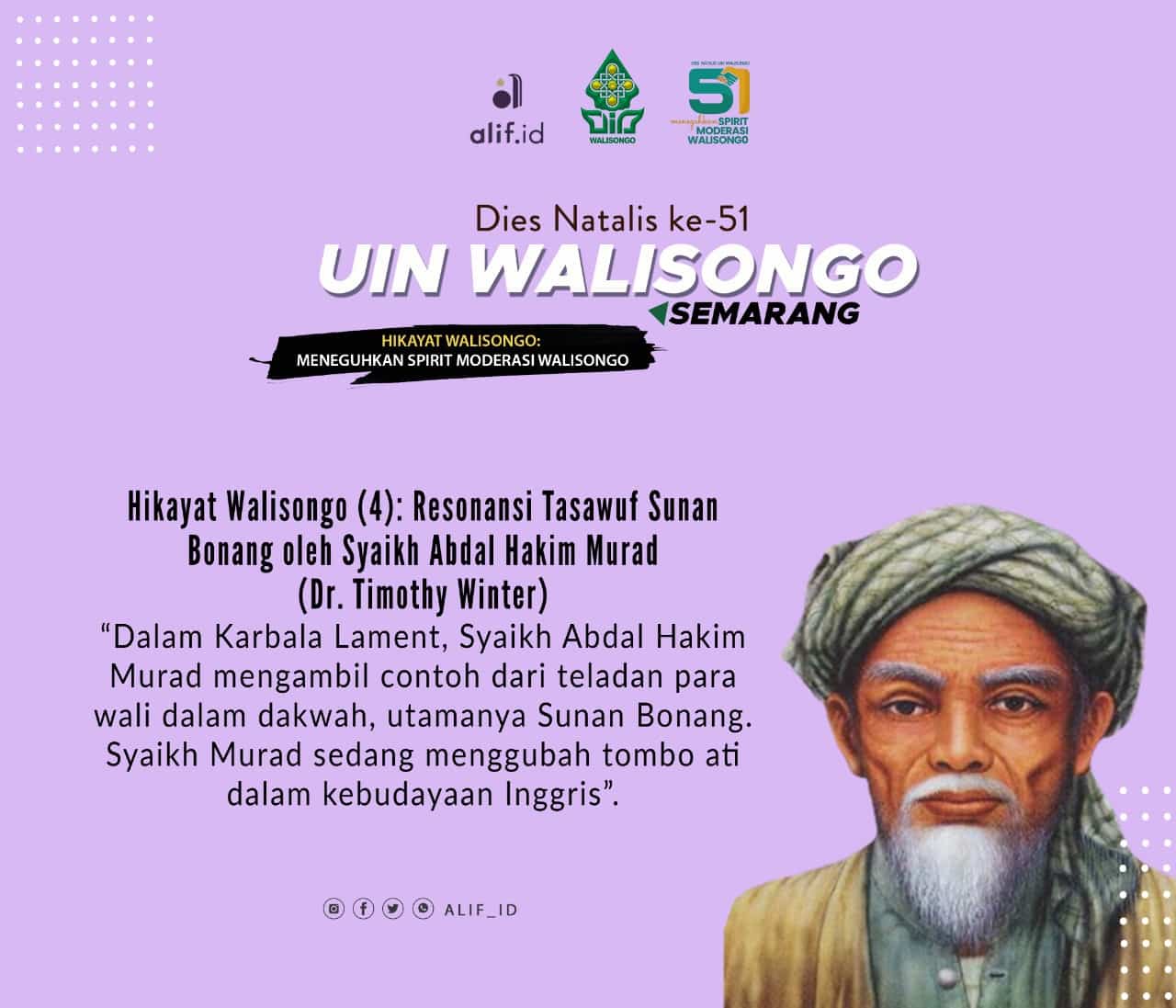

The following list is widely accepted, but its authenticity relies much on repeated citations of a handful of early sources, reinforced as "facts" in school textbooks and other modern accounts. The composition of the nine saints varies, depending on different sources. Most of the wali songo had some Chinese ancestry for example, Sunan Ampel (Chinese name Bong Swi Ho), Sunan Bonang (Ampel's son, Bong Ang), and Sunan Kalijaga (Gan Si Cang). Some of these spiritual lineages are cited by van Bruinessen in his study of the Banten Sultanate, particularly in regard to Sunan Gunung Jati who was an initiate of various Sufi orders.Īlthough popular belief sometimes refers to the wali songo as "founders" of Islam on Java, the religion was present by the time the Chinese Muslim admiral Zheng He arrived during his first voyage (1405-1407 CE). Although silsila are listed in various Javanese royal chronicles (such as Sejarah Banten) to denote ancestral lineage, the term in Sufism refers to a lineage of teachers. Tracing the lineage back further than Maulana Malik Ibrahim is problematic. The earliest wali songo was Maulana Malik Ibrahim (originally from Samarkand) who arrived on Java in 1419 CE. Some Muslim mystics came to Java from Gujarat, India via Samudera Pasai (part of what is now Aceh). The graves are also known as pundhen in Javanese. The graves of Wali Sanga are venerated as locations of ziarah (ziyarat) or local pilgrimage in Java. (See "Style and Title" section of Yogyakarta Sultanate for an explanation of Javanese nobility terms.) Most of the wali were also called raden during their lifetimes, because they were members of royal houses. Thus, the term is often translated as "9 saints".Įach man is often attributed the title sunan in Javanese, which may derive from suhun, in this context meaning "honoured".

The word wali is Arabic for "trusted one" ("guardian" in other contexts in Indonesia) or "friend of God" ("saint" in this context), while the word songo is Javanese for the number nine. THIS IS A DOWNLOADABLE EBOOK AVAILABLE INSTANTLY.The Wali Sanga (also transcribed as Wali Songo) are revered saints of Islam in Indonesia, especially on the island of Java, because of their historic role in the Spread of Islam in Indonesia. Many of the songs featured also include links to the Mama Lisa website, where you can find recordings, videos and sheet music. The memories of childhood touch us forever! What makes the book really special is the many comments from Mama Lisa’s correspondents who have shared stories and memories from their own lives. The songs are given in the original languages and with English translations. The second part presents beloved traditions and songs from many different nations.

The history and meaning of these holidays is discussed, often with examples of traditional songs. The first part of the book covers some of the traditions that take place on days other than Christmas itself, like St. So Christmas is celebrated like a giant outdoor block party! How in Colombia, in the Southern Hemisphere, it’s usually warm in December.That’s a fun way to get children to help with the post-holiday clean-up! How Scandinavians mark the end of the season by “plundering” the Christmas Tree on St.How in Italy it’s not Santa Claus who gives gifts to all the children.Mama Lisa’s Christmas Around The World is a celebration of the diversity and love with which many different cultures mark this joyful time of year. People everywhere love Christmas – but we don’t all celebrate it the same way.


 0 kommentar(er)
0 kommentar(er)
